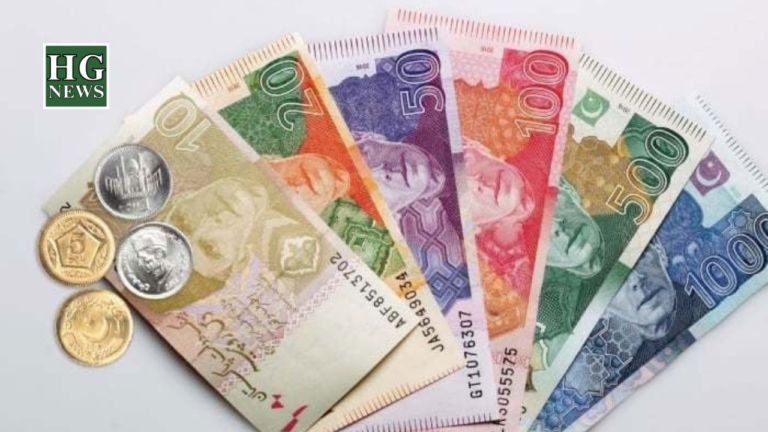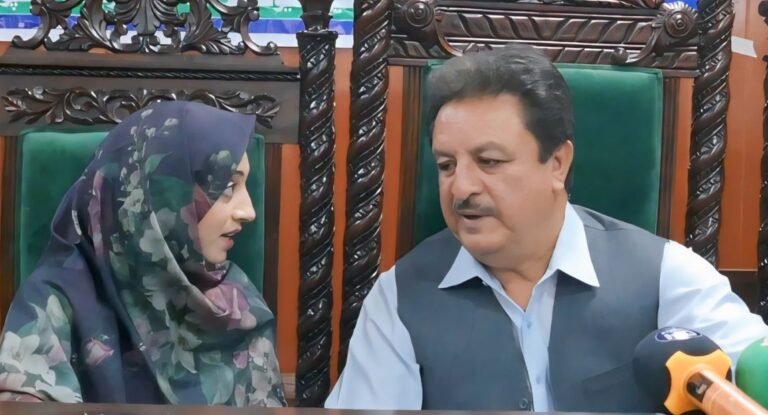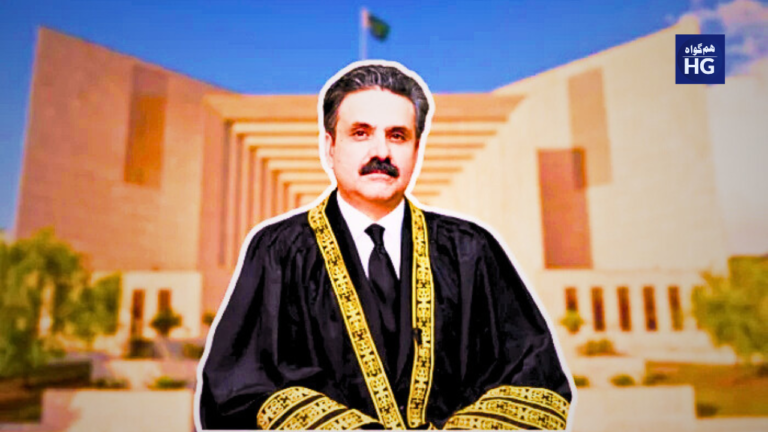A Glimpse into the Life and Legacy of Allama Muhammad Iqbal
Allama Muhammad Iqbal, widely regarded as one of the most important figures in Urdu literature and philosophy, played a pivotal role in shaping the cultural and political landscape of the Indian subcontinent in the early 20th century. His poetry, philosophy, and vision for a distinct Muslim identity continue to inspire generations.
Early Life
Born on November 9, 1877, in Sialkot, Punjab (now in Pakistan), Iqbal was raised in a family with a strong cultural and spiritual background. His early education began in Sialkot, after which he moved to Lahore for further studies. Iqbal’s academic journey took him to Europe, where he studied philosophy and law at the University of Cambridge and later at the University of Munich. This exposure to Western thought significantly influenced his ideas and writings.

Literary Contributions
Iqbal’s poetry, primarily written in Urdu and Persian, is characterized by its profound philosophical depth and lyrical beauty. His major works include “Shikwa” (Complaint) and “Jawab-e-Shikwa” (Response to the Complaint), where he articulates the grievances of the Muslim community and seeks answers from God. Through his verses, Iqbal addressed the spiritual and existential crises faced by Muslims, urging them to awaken and realize their potential.
His poetry blends themes of self-discovery, spiritual awakening, and socio-political consciousness. Iqbal emphasized the importance of Khudi (selfhood), encouraging individuals to recognize their inherent worth and strive for greatness.
A Brief History of the United States
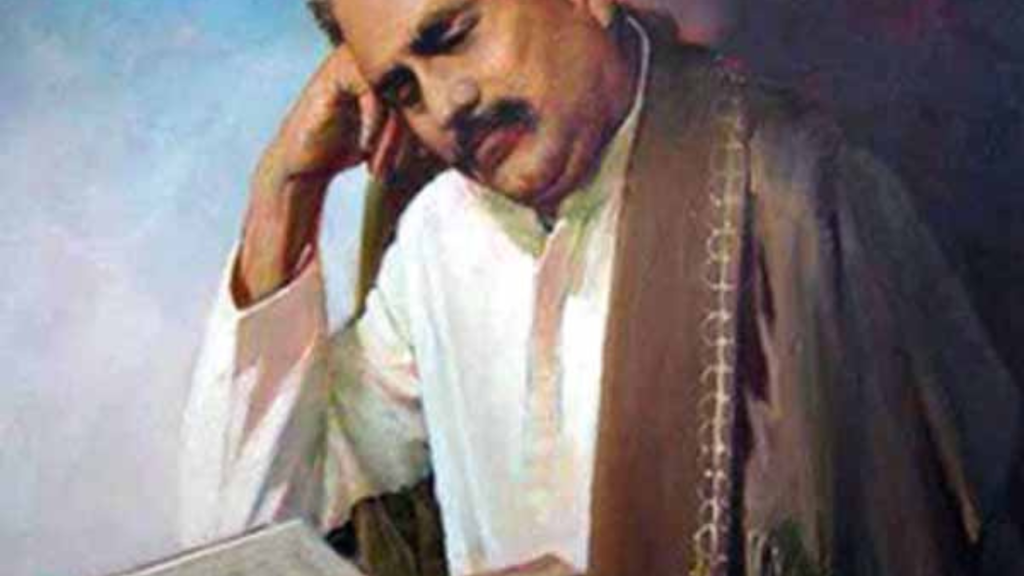
Philosophical Vision
Iqbal’s philosophical outlook was deeply rooted in Islamic ideals, but he also drew inspiration from Western philosophy. He envisioned a modern Islamic society that balanced tradition with progress. His concept of a collective Muslim identity laid the groundwork for the demand for a separate nation for Muslims in India, which eventually led to the creation of Pakistan.
Iqbal’s philosophical works, such as “The Reconstruction of Religious Thought in Islam,” explore the relationship between faith and reason, advocating for a dynamic interpretation of Islamic teachings that could adapt to modern challenges.
Political Engagement
Beyond his literary contributions, Iqbal was actively involved in the political movement for Indian independence. He was a key figure in the All-India Muslim League and played a crucial role in articulating the aspirations of Muslims in British India. His address at the Lahore Session of the Muslim League in 1930 is often considered a defining moment in the call for a separate Muslim state.
Iqbal’s vision of a separate homeland for Muslims was rooted in his belief that only through self-determination could they realize their potential and foster a society grounded in Islamic values.
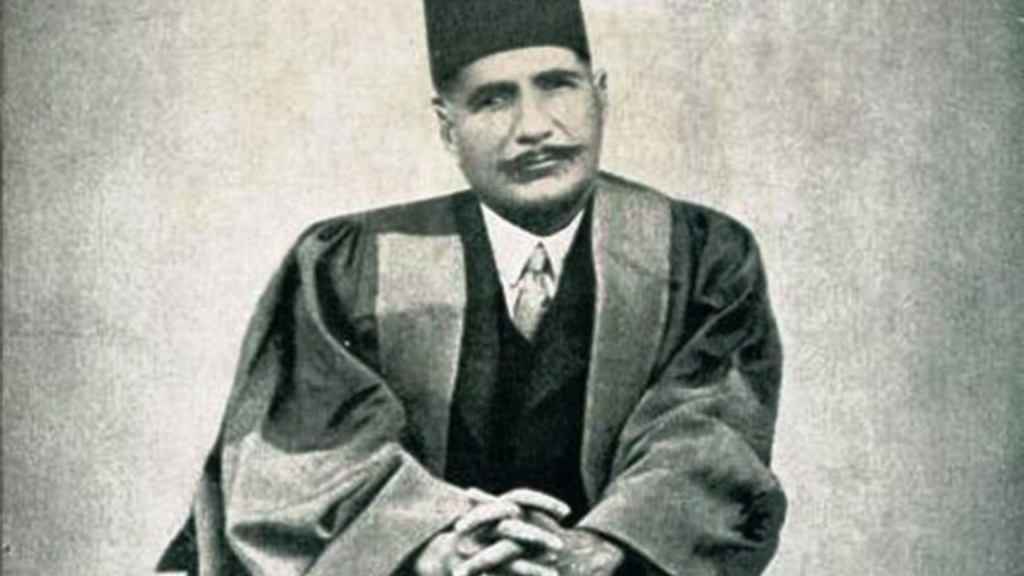
Legacy
Allama Muhammad Iqbal passed away on April 21, 1938, but his legacy endures. He is celebrated as the “Spiritual Father of Pakistan,” and his poetry is taught in schools and universities across Pakistan and beyond. Iqbal Day is observed annually on November 9 to honor his contributions.
His thoughts continue to inspire contemporary thinkers, poets, and leaders, reminding them of the importance of self-awareness, cultural identity, and the quest for a just society.
Conclusion
Allama Muhammad Iqbal’s life and work represent a rich fusion of literature, philosophy, and political activism. His call for self-discovery and empowerment remains relevant today, making him a timeless figure in the intellectual history of the Muslim world. As we reflect on his contributions, we are reminded of the power of words to inspire change and the enduring quest for identity and purpose.


